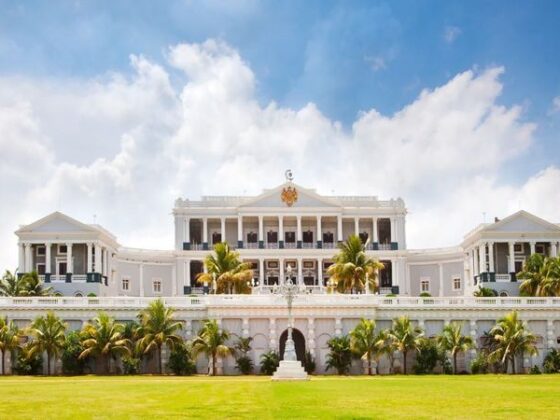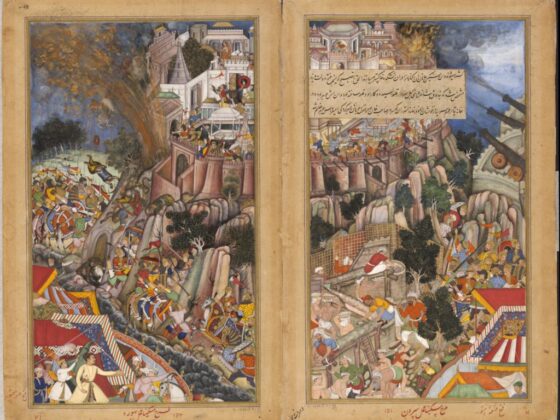Miniature Paintings of India – Chronicling History Through the Ages
India’s rich artistic heritage is vividly reflected in its miniature paintings. These intricate artworks have flourished for centuries, chronicling history, mythology, and cultural traditions. Known for fine detailing, vibrant colors, and delicate brushwork, they serve as visual records of India’s past. They offer glimpses into the lifestyles, beliefs, and events of bygone eras.
Origins and Evolution of Indian Miniature Paintings
The roots of Indian miniature paintings date back to the 6th–7th centuries CE, when early manuscript illustrations emerged in Buddhist texts. However, the style gained prominence during the Mughal, Rajput, Pahari, and Deccan periods. Each brought unique influences and techniques.

Prominent Schools of Miniature Paintings in India
Distinct schools of miniature painting developed across regions, reflecting local aesthetics and cultural influences.

1. Mughal Miniature Paintings
Flourishing under Mughal emperors like Akbar, Jahangir, and Shah Jahan (16th–18th centuries), these paintings blended Persian, Indian, and European elements. They depicted court scenes, royal portraits, and hunting expeditions. Realism, fine shading, and intricate backgrounds defined them.

2. Rajput Miniature Paintings
Originating in Rajasthan’s Rajput courts (16th–19th centuries), this style focused on Hindu mythology, romance, and heroic epics. Bold colors, intricate patterns, and elongated human figures defined Rajput paintings. Sub-schools like Mewar, Bundi, Kishangarh, and Bikaner added unique elements.

3. Pahari Miniature Paintings
Flourishing in the Himalayan foothills (17th–19th centuries), Pahari paintings drew inspiration from the Bhakti movement. They depicted Radha-Krishna legends and nature-rich landscapes. The Kangra school is the most celebrated for lyrical compositions, delicate brushwork, and soft pastel hues.


4. Deccan Miniature Paintings
Emerging in the Deccan Sultanates (16th–17th centuries), this style mixed Persian and Indian influences. It often portrayed fantastical themes, intricate jewelry, and luxurious courtly settings. Golconda and Bijapur were key centers.


Techniques and Materials Used
Miniature paintings are traditionally crafted on paper, cloth, ivory, and wood. Artists use natural pigments derived from minerals, vegetables, and semi-precious stones. They employ fine brushes made of squirrel or camel hair for detailing. Gold and silver foiling add richness and grandeur.


Significance and Legacy
Miniature paintings serve as invaluable historical documents, preserving India’s rich heritage through visual storytelling. Today, these artworks thrive as contemporary artists blend traditional styles with modern interpretations. Museums and private collectors worldwide cherish these masterpieces, ensuring their legacy endures.




Conclusion
Indian miniature paintings are more than just art—they are a testament to the country’s diverse cultural history and artistic excellence. From royal courts to religious manuscripts, these exquisite creations have stood the test of time, offering an enchanting glimpse into India’s glorious past. Whether as historical chronicles or aesthetic treasures, they continue to captivate art enthusiasts and historians alike.




